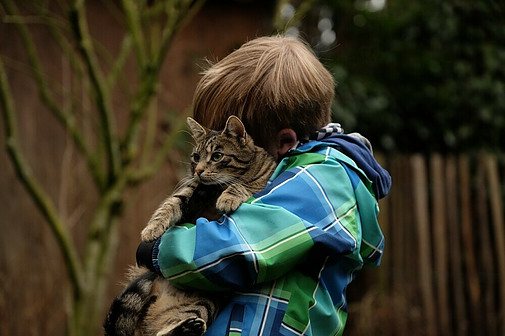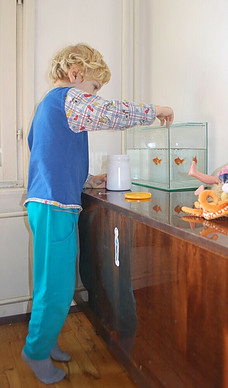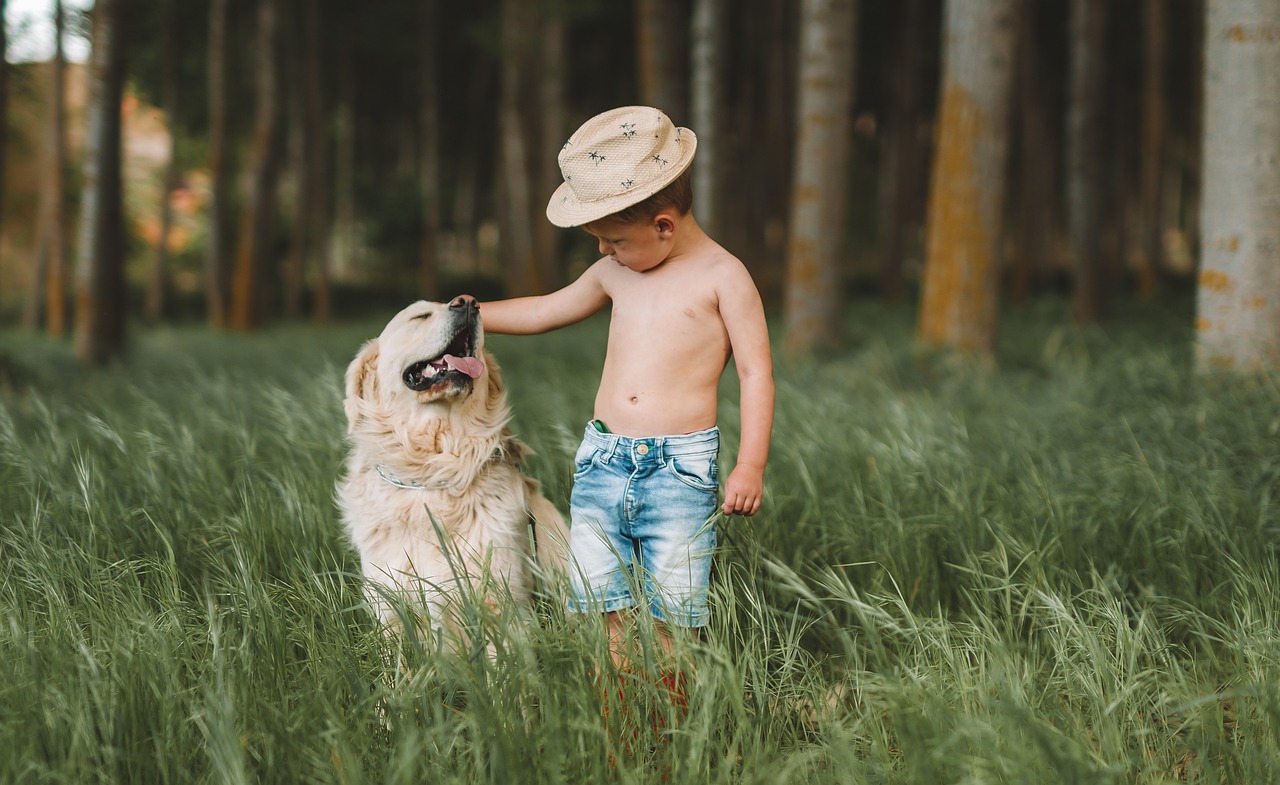The Benefits Of Children Having Pets
I have had various pets my entire life. From my first memories of Fluffy the cat, to my most recent kitty duo, pets have always been a part of my life. Having pets can offer numerous benefits for adults and children alike. By showing children what it’s like to be a pet owner, you can assist them with both physical and emotional development. Here are some of the key advantages of children having pets:
1. Companionship: Pets provide constant companionship, helping children develop a sense of responsibility and empathy as they care for another living being.
2. Emotional Development: Interacting with pets can enhance a child’s emotional well-being. It provides them with a source of unconditional love and support, fostering feelings of security and happiness.

A child can come home after a hard day at school, and talk out their feelings to their pet. Did a friend let them down, did they bomb a test, or did they have a fantastic day that they want to share? A pet will love to hear about all of these things and more.
3. Social Skills: Taking care of a pet often involves social interactions, whether it’s with other pet owners, veterinarians, or simply walking the dog in the neighborhood. This helps children develop social skills and learn how to communicate effectively.
4. Responsibility: Caring for a pet involves daily tasks such as feeding, grooming, and cleaning up after them. These responsibilities teach children about accountability and the importance of fulfilling commitments.
5. Physical Activity: Dogs, in particular, encourage physical activity through activities like playing fetch or going for walks. This helps children maintain an active and healthy lifestyle, reducing the risk of childhood obesity.
6. Stress Reduction: Interacting with pets has been shown to reduce stress and anxiety levels. The act of petting an animal can release endorphins, which promote feelings of happiness and relaxation.
7. Teaching Empathy and Compassion: Caring for a pet allows children to understand the needs and feelings of another living being. This fosters empathy and compassion, important qualities for developing positive relationships with others.
8. Routine and Structure: Pets thrive on routine, and their care often requires a consistent schedule. This can help children establish a sense of routine and structure in their daily lives, promoting organization and time management skills.
9. Enhanced Learning: Having a pet can also serve as a valuable educational tool. Children can learn about biology, ecology, and responsibility through hands-on experiences with their pets.
10. Building Confidence: Successfully caring for a pet and witnessing the positive effects of their efforts can boost a child’s confidence and self-esteem.
I’m very happy that my parents always allowed me to have pets. My responsibility increased for my pets increased along with my age. I had many different types of pets, and I learned which pets I prefer, and by being around other pet owners I got to see the joy of various pet owners along with their chosen pets.
It’s important to note that while pets can offer numerous benefits, parents should always ensure that the choice of a pet is suitable for the family’s lifestyle and that children are supervised and taught how to interact safely and respectfully with animals.

There is a pet for every type of lifestyle if you do a little research. Talk with other pet owners, visit a pet store or animal shelter, or do a little research online. The perfect pet is just waiting for its special child.




Post Comment